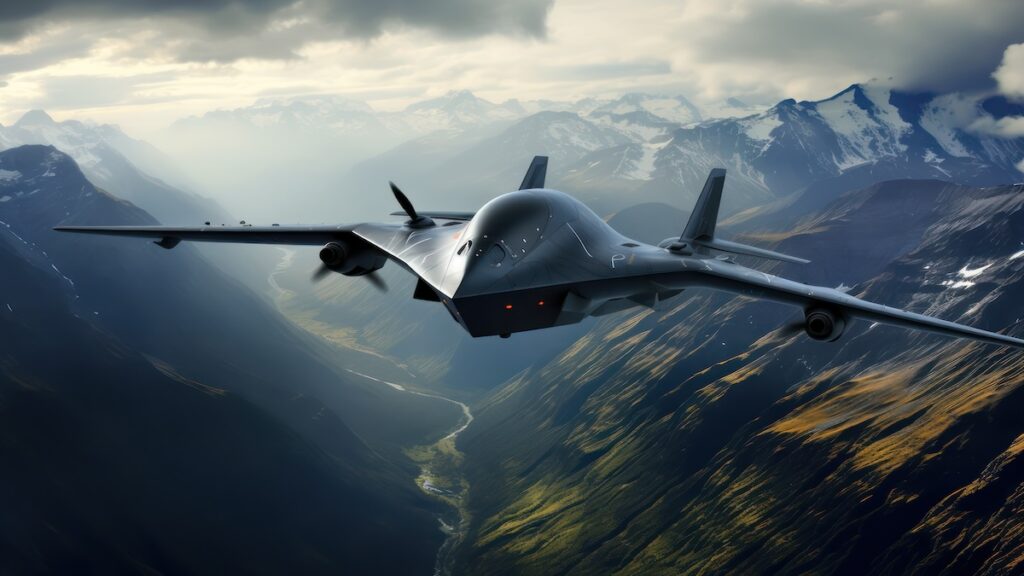
November 26, 2023 at 10:42PM
The US military is planning to deploy thousands of relatively inexpensive, AI-enabled autonomous vehicles by 2026 in order to compete with China. The initiative, named Replicator, aims to accelerate the deployment of AI technology, including weaponised systems, and keep the US military innovation up to date. However, the details and funding for Replicator are vague, making the timeline uncertain.
Here are the key takeaways from the meeting notes:
1. The U.S. military is utilizing artificial intelligence (AI) in various operations, including piloting surveillance drones, tracking soldiers’ fitness, predicting maintenance needs of Air Force planes, and monitoring rivals in space.
2. The Pentagon’s Replicator initiative aims to deploy thousands of AI-enabled autonomous vehicles by 2026 to keep up with China’s advancements. However, funding and specific details of the initiative remain uncertain.
3. The development of fully autonomous lethal weapons is expected within the next few years, but officials insist that humans will always maintain control. The use of drone swarms in warfare is a possibility, with many countries, including China and Russia, actively working on such technology.
4. AI is being used in space operations to track potential threats and make decisions about adversaries. The U.S. Space Force’s operational prototype, Machina, autonomously monitors objects in space, and AI projects analyze radar data to detect missile launches.
5. AI is also being employed for predictive maintenance of military aircraft, tracking soldiers’ fitness, and assisting in logistics organization. In Ukraine, AI provided by the Pentagon and its NATO allies has helped in countering Russian aggression.
6. The Pentagon’s development of Joint All-Domain Command and Control aims to automate the processing of various data sources across the armed services. The goal is to quickly connect combatants in a rapidly changing battlefield environment.
7. Companies like Anduril and Shield AI are competing for contracts in the development of autonomous weapons systems. However, challenges remain in ensuring reliability and trustworthiness of these systems, as well as recruiting and retaining AI talent.
8. The Pentagon is cautious about deploying fully autonomous weapons and emphasizes the role of responsible agents who understand the limitations and deployability of the systems. Testing, evaluation standards, and ethical considerations are key factors in the development and deployment of AI systems.